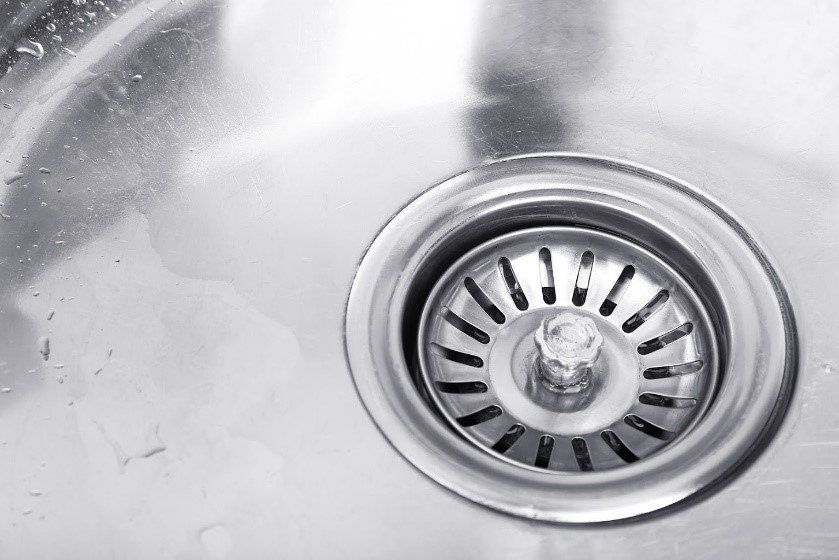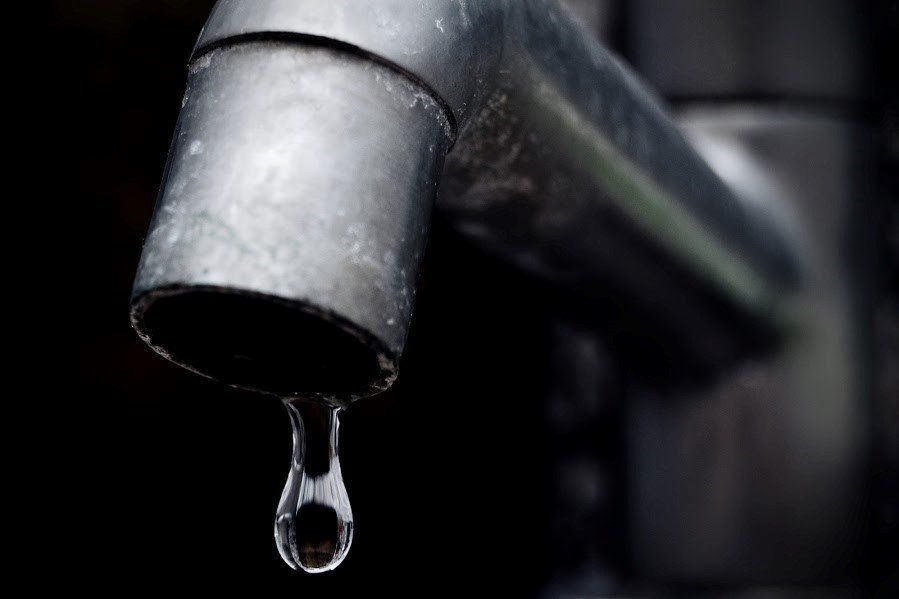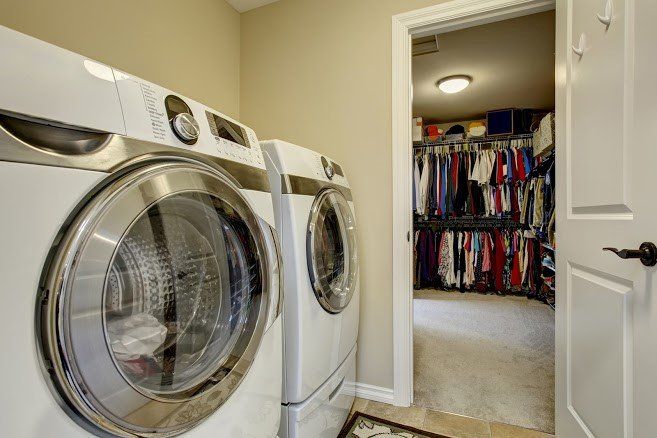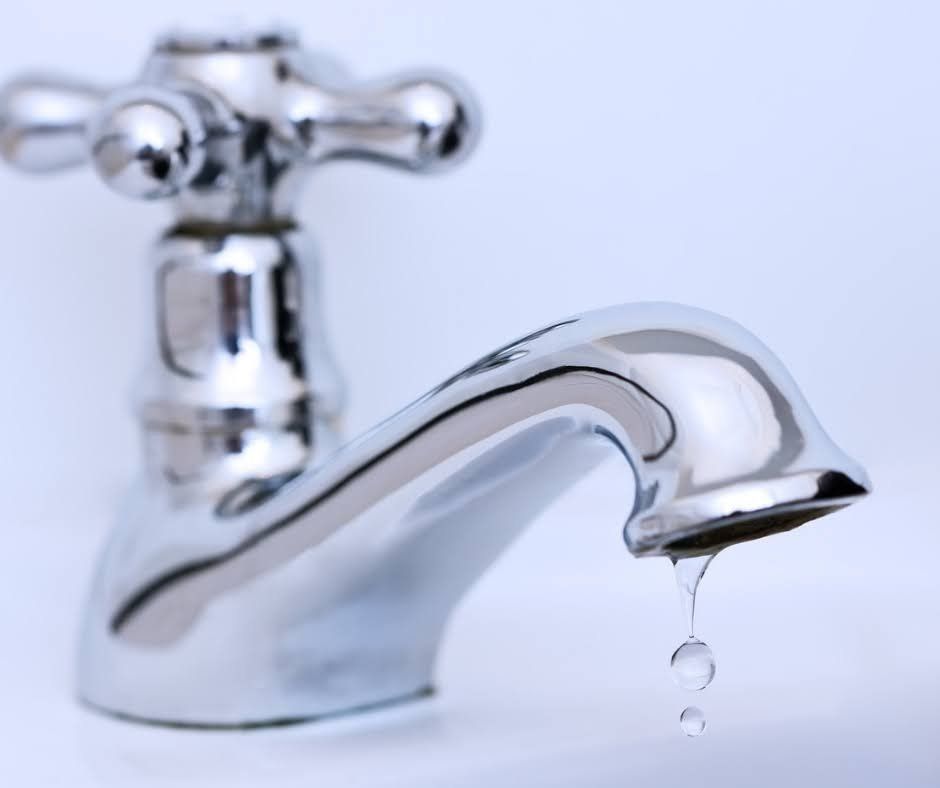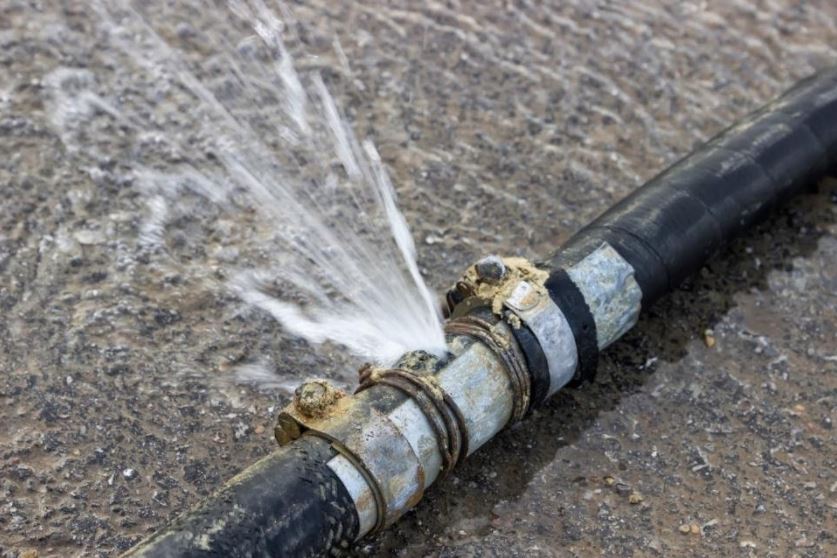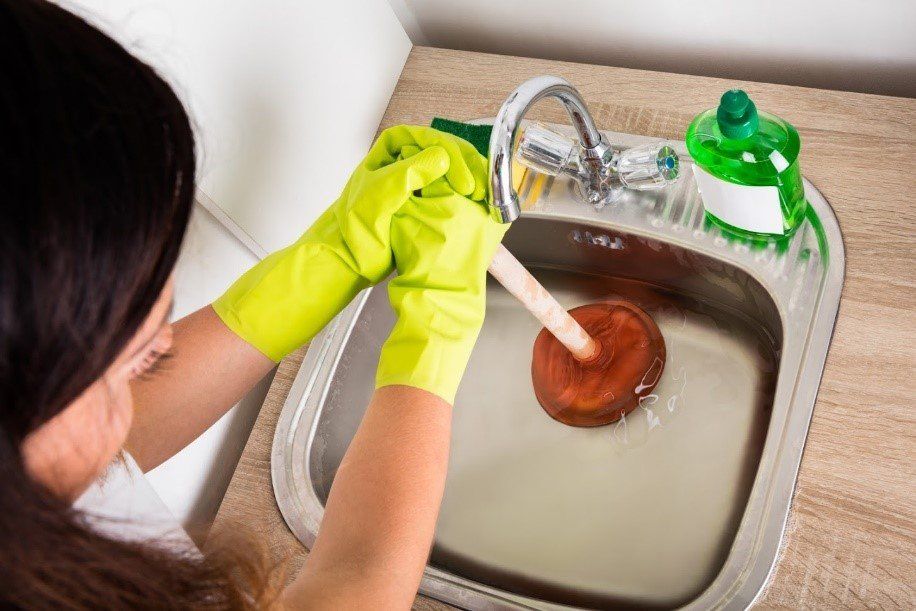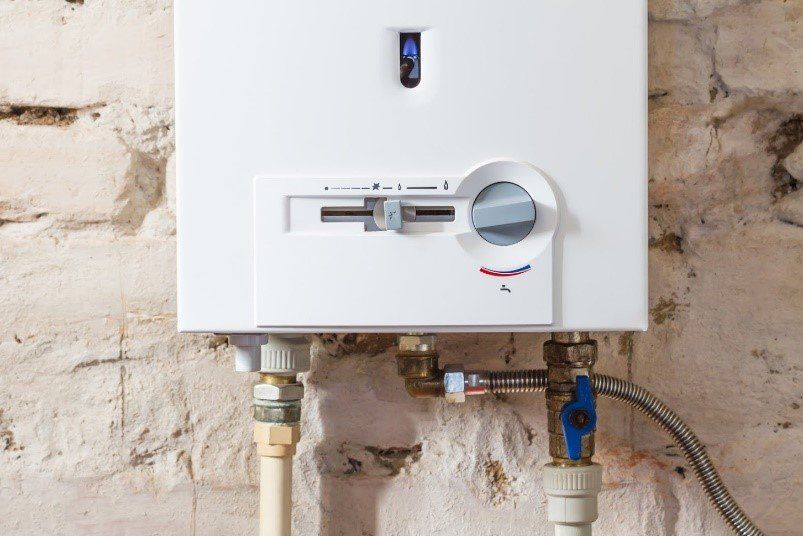Plumbing Myths | Scotto's Plumbing Services
January 25, 2020
Top Plumbing Myths Debunked
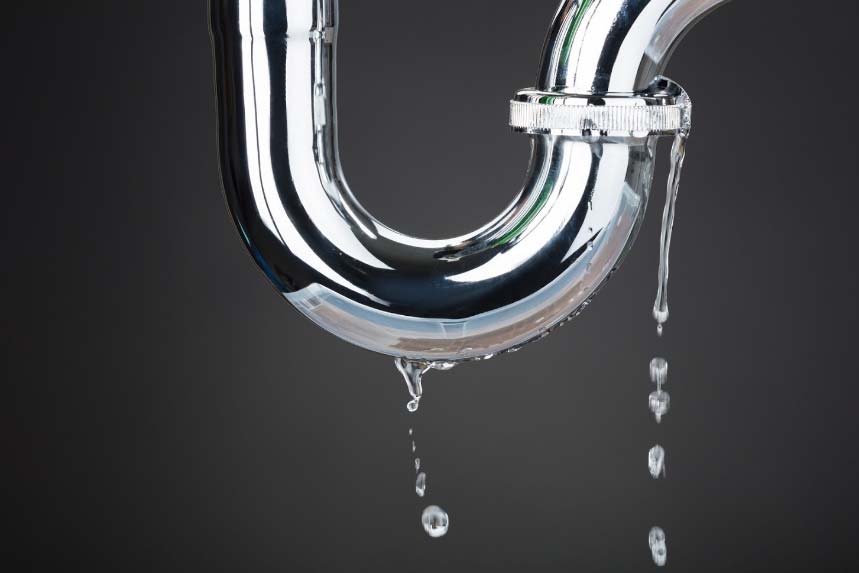
Your plumbing is an essential part of your household. You literally use it every day — several times a day, in fact. So, you want to keep it running smoothly. To do this, don't fall prey to the following plumbing myths.
You Can Flush Pets Down the Toilet
When you flush a live aquatic animal down the toilet, it can keep living and become an invasive species. In fact, over sized goldfish that likely originated as pets have even been spotted in lakes.
Flushing a live animal is also cruel to your pet. They'll have to go through the turmoil of the toilet drain and your septic system to get to the waterways. Because of the human waste in the sewer, they can also go on to carry disease into the ecosystem — if they make it out alive.
What if the pet is deceased? A good rule of thumb is to only flush toilet paper and human waste down the toilet. Other solids, such as a dead fish body, can clog the system.
Flushable Wipes are Safe for Your Septic System
In that same vein, flushable wipes are not the same as toilet paper. Many people prize them because they're sturdier than toilet paper, so they clean better. Part of the reason that toilet paper flushes well and keeps your sewer system intact is that it's biodegradable and it disintegrates. Its flimsiness makes toilet paper suitable for your sewer system.
Because of this, flushable wipes are less safe for the sewer system. Their sturdiness causes them to congregate in pipe elbows, where they eventually cause blockages. When that happens, you have to call the plumber who could spend hours snaking the wipes back out. Flushable wipes can also adhere to the propellers in sewage grinders and pumps, which burns the machine out.
Water Heaters Can Explode
This myth is semi-true. Water heaters feature fuel, a flame, and pressurized contents — the heated water. Heated water expands, so the excessive temperature can cause it to expand beyond the capabilities of your water heater's tank.
That said, the pressurized contents are water, not the nitroglycerin found in dynamite. In extreme circumstances, your heated water can expand much too far for your metal tank. The result will be a rupture in the side of the tank, not a demolition-style explosion that takes out your whole house.
Citrus Wedges and Peels Make Your Garbage Disposal Smell Fresh
Here is another myth that's partially true. The scent of citrus, especially lemons, is very strong. So, if you send citrus wedges and peels down the garbage disposal, they should certainly freshen up the scent of your appliance.
That said, the peels are thick and fibrous. Your garbage disposal doesn't have knives or a car motor inside. It works with a shredder ring and impellers on a small motor. Most garbage disposals will struggle to grind up full citrus peels. As an alternative, you can pour white vinegar into the system to flush the disposal.
You Can Ignore a Leaky Faucet
Faucets are never watertight, right? They always leak a few drops of water, so you can ignore the slight drip coming from yours.
In reality, those drips add up. Put an empty cup under your leaky faucet and see how soon it's full. When the water coming out of a leaky faucet just drains away, you're losing a valuable resource. What's more, it's a resource you're paying for. A leaky faucet can significantly raise your utility bill.
A drip can be the precursor to a larger, and more expensive, plumbing issue. As with any household issue, catching the problem early is the key to keeping it small.
Know the truth about your plumbing system so you can keep it functioning well. If you do have any plumbing issues, contact Scotto's Plumbing Services.
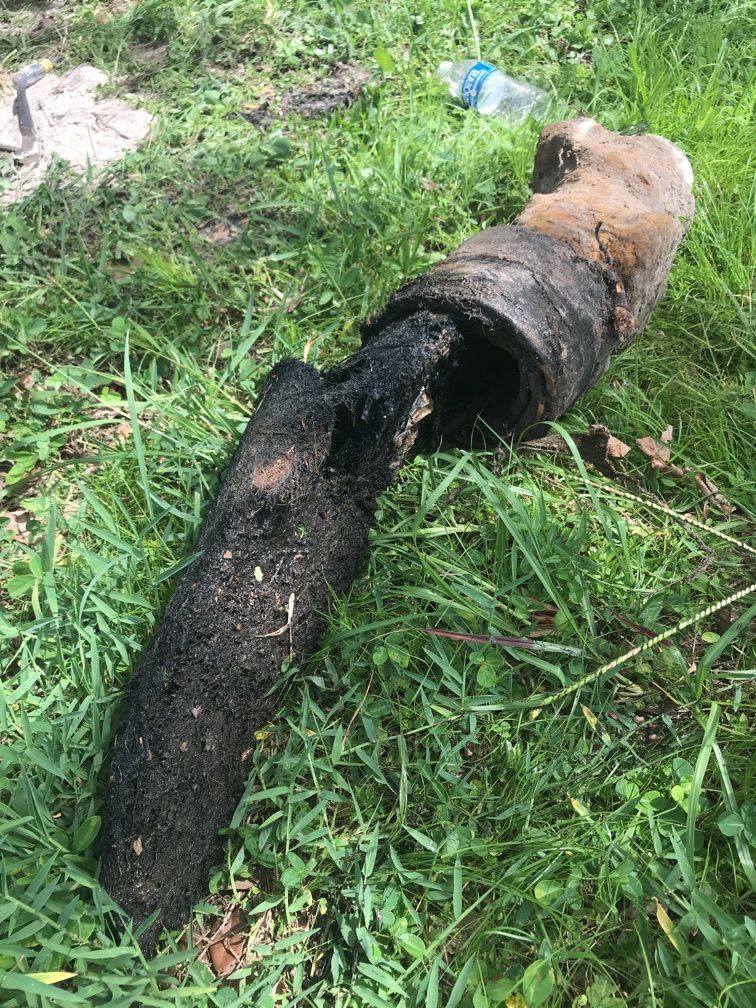
Sometimes, plumbing problems are caused by things we can see- like a clogged drain or an overflowing tub. However, these aren't always the root of the problem. While these are easy to fix, there is another dangerous plumbing issue that you should be aware of: roots in pipes. It may sound strange, but it's not unusual for roots to find their way into plumbing systems and cause a major headache. Root infiltration into your sewer lines can cause serious problems if not treated quickly and efficiently. Roots growing in sewer pipes can clog drains, back up wastewater, and even completely destroy pipes. You should be aware of the signs of roots in your pipes so that you can take quick action before the problem gets worse. Why Do Tree Roots Grow Into Pipes Tree roots grow into pipes for several different reasons. One potential cause is they are seeking something they need to grow, such as water or nutrients. Another common cause of tree roots growing into pipes is because they are already there! Many older homes have been around for decades, and trees have had plenty of time to grow in them. Roots can easily find their way into a sewer line and cause damage. Tree roots can also get into your system if you recently moved near a mass of trees. Pipes last only about 30 years, so make sure to check for leaks every year. There are numerous colors, shapes and sizes of tree roots. Roots grow every day and can even cause major blockages once they grow large enough to occupy the entire inside diameter of the pipe. Speaking of growing: They can grow about an inch or more a day and can travel through the smallest spaces to get to water. Some roots even split once they get deep enough in search of more nutrients. Even though tree roots don't consume as much water as household items as toilets do, their constant intake is still enough to give you a headache or two. Tree roots suck up water through their pores to survive, much like we do. The difference is that tree roots need more water than humans do. While humans need at least one liter of water per day for survival, trees require anywhere from 10 - 100+ liters of water every day! Signs You Have Roots In Your Pipes There are several signs to look for in the case of roots growing into your pipes. The first sign of root intrusion is if your home has a slowly draining water system. The second sign of a root in your sewer pipes is gurgling sounds coming from your toilet. Another sign is finding patches of grass that are much greener than the surrounding grass. That green grass is likely benefiting from the extra water and nutrients from the intrusion. A sunken area in the yard can often be a sign of a root intrusion. As the roots create a hole in the pipe, the surrounding dirt is washed into the city sewer. While the hole may seem small, they can create mini sinkholes which can be quite dangerous. If you do find an issue with roots in your plumbing system, it's important to call a professional plumber immediately and have the problem taken care of before you end up with a large issue on your hands. Scotto's Plumbing can perform a camera inspection to confirm the presence of roots and remove them. Preventing Roots From Entering Pipes To prevent tree roots from entering your plumbing system again, you should make sure that the trees or plants near your home are not feeding off of your water. There are a few ways to do this: Install a rain gutter to collect rainwater from nearby trees and plants. This will keep them from absorbing any of the water. Create a barrier around your house with a layer of gravel at least 3 inches thick. Be sure that it extends at least 12 inches past the perimeter of your home. The best way to create a barrier is by using four layers; the first two layers should be made up of washed gravel (gravel stones that are clean on one side), while the last two layers should consist entirely of cobble (granite-like rocks). Roots from nearby trees and plants can grow into your plumbing system, which is why you need to keep a close eye on the roots that are coming in contact with or touching your pipes. If you notice any signs of an invasion (slow draining or toilet gurgling), it's time to call in professional help to get rid of them before they cause more serious damage than just some unpleasing odors! Scotto’s Plumbing has been providing quality plumbing service to Pinellas County residents for more than 40 years. Contact us today at 727.581.5828 for all of your plumbing needs.

Welcome back to The Sunshine State. While you were away, your plumbing system sat dormant, which can cause major problems. Before you throw on your flip flops and hit our sandy beaches, or head out for a round of golf, spend a little time checking the following items: Shut off Valves: To ensure your shut off valves aren’t stuck or leaking, turn them on and off at the toilets, sinks, and washing machines. Run water for several minutes to ensure there are no drain issues or leaks in your showers, tubs, sinks and washing machine. Flush all toilets. Run hot water in sinks and showers. Check water heater tank for leaks Check exterior hose connections for leaks Check ice maker line to it’s connected correctly and not leaking Run garbage disposal Don’t forget to check other plumbing components, like a water softener, utility sink, or reverse osmosis/drinking water system at your kitchen sink. If you have any problems or concerns, give us a call at 727.581.5828.

